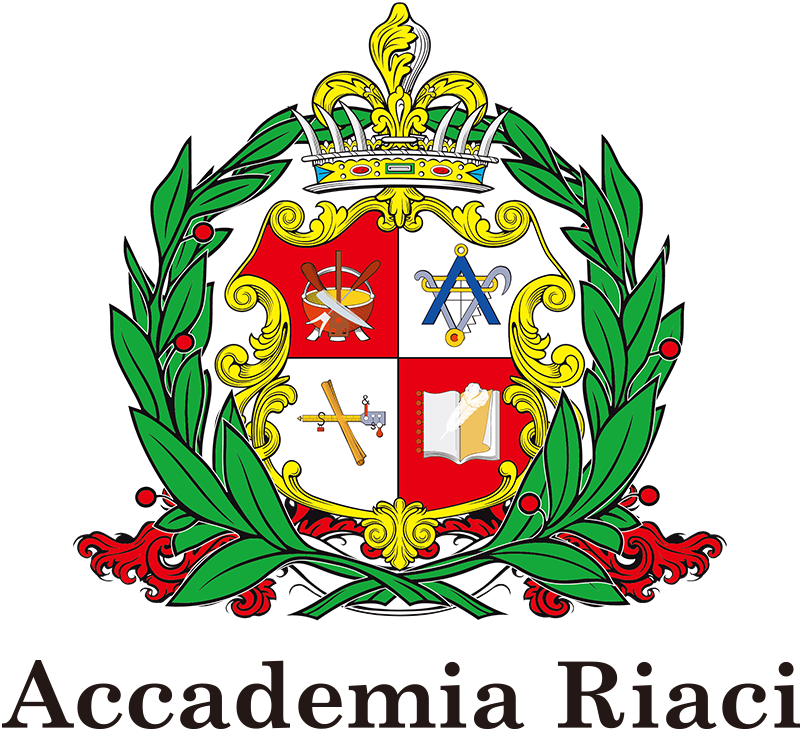
The Jewelry Department is dedicated to helping students master the essential techniques required to excel as professional goldsmiths. Our programs provide personalized instruction tailored to each participant’s skill level and creative goals. Students are encouraged to develop their own expressive style through self-directed projects and research, exploring both traditional jewelry forms—such as rings, brooches, and earrings—and innovative wearable or sculptural designs.
In the Jewelry Making Course, students unlock their creative potential by transforming ideas into unique three-dimensional works. The curriculum covers a wide range of technical skills, including sawing, filing, soldering, casting, forging, stone setting, and the traditional Florentine art of “incisione” (engraving). These two hallmark techniques—engraving and stone setting—help students refine both their craftsmanship and artistic precision.
Beyond metals, the program invites experimentation with alternative materials such as beads, plastics, glass, and found objects, expanding creative boundaries.
This is a comprehensive, accelerated program offering an in-depth understanding of jewelry-making processes and design. Hands-on classes are complemented by assignments that reinforce practical learning. In addition, Basic Italian Art Lessons provide essential insights into Italy’s artistic heritage and design principles. Weekly guided Art Visits and monthly Art Stages further enrich the experience, inspiring students to explore beyond their primary field and immerse themselves in Florence’s artistic environment.
Diploma certificates are awarded to those who successfully pass the final exam.
Throughout this program, students will: 1. Establish a solid foundation in their study area. 2. Develop specific and advanced skills in a stimulating learning environment. 3. Gain insights into basic business practices, paving the way for their careers as young professionals.
The Master Course in Jewelry Making offers an exceptional opportunity for students to achieve professional excellence and artistic maturity in the jewelry field. The program delivers a comprehensive education that deepens technical mastery while expanding design and creative expression.
Students are encouraged to experiment with diverse materials and advanced techniques to enhance their personal style and artistic voice. Core areas of study include soldering, sheet fabrication, casting, stone setting, incisione (engraving), and brattishing, among others.
Our state-of-the-art studios are fully equipped for professional-level work, and each Master student is provided with a dedicated private workspace to support independent practice and research.
The course places strong emphasis on developing both technical precision and individual artistic direction. Professional growth is further supported through portfolio development, and exhibition participation, preparing graduates to establish themselves confidently in the jewelry industry or as independent designers.
Florence has long been renowned for the exquisite jewelry-making technique known as openwork, a tradition dating back to the Renaissance. This distinctive skill, deeply rooted in the city’s artistic heritage, is now accessible to beginners through our short courses.
Students with no prior experience will be introduced to fundamental techniques, with a primary focus on floral and leaf-inspired motifs. Participants will learn the basics of carving and complete beautifully crafted bangles and rings.
For those with previous experience in jewelry making, the course offers more advanced challenges—such as creating rings adorned with crystals, setting colorful semi-precious stones, and exploring more complex forms. Advanced students may also create pendants, earrings, bracelets, and original, one-of-a-kind pieces.
Note: the "Summer Intensive Course" has the same contents as the "Short Course", but with a double number of lessons. Furthermore, it includes housing and extracurricular activities and services.
This course provides a unique opportunity to study traditional Florentine craftsmanship in an immersive, hands-on environment.
Florence has long been renowned for the exquisite jewelry-making technique known as openwork, a tradition dating back to the Renaissance. This distinctive skill, deeply rooted in the city’s artistic heritage, is now accessible to beginners through our intensive summer program.
Students with no prior experience will be introduced to fundamental techniques, with a primary focus on floral and leaf-inspired motifs. Participants will learn the basics of carving and complete beautifully crafted bangles and rings.
For those with previous experience in jewelry making, the course offers more advanced challenges—such as creating rings adorned with crystals, setting colorful semi-precious stones, and exploring more complex forms. Advanced students may also create pendants, earrings, bracelets, and original, one-of-a-kind pieces.
Summer Course fees include:
NOT included:
Prof. BARTALESI
At Accademia Riaci, our jewelry-making professor is not just any instructor; they are a highly esteemed goldsmith with a remarkable track record. They’ve gained recognition as the victor of the prestigious “Millennium Anniversary Bill for the 50,000 Lira Banknote” competition. It’s worth noting that the “Lira” was Italy’s currency before the nation’s transition to the “Euro.” With their expertise and achievements, our professor brings a wealth of knowledge and experience to our students, making the learning experience truly exceptional.

